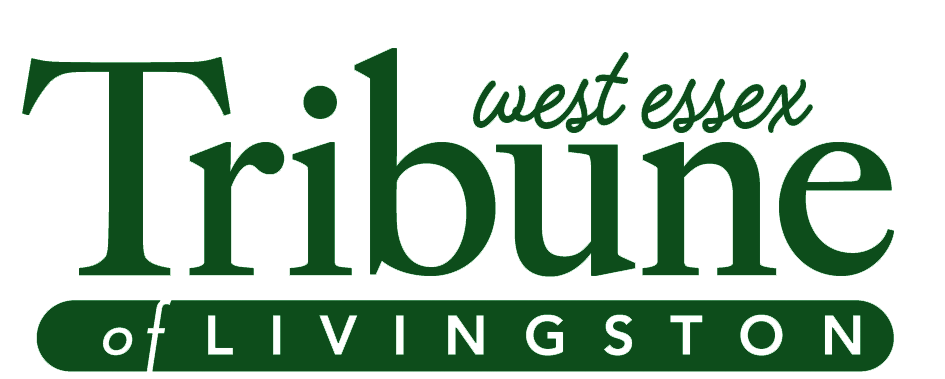At the end of December, an addendum to the Livingston Public Schools’ Final Equity Audit Report was released. The update followed up on two issues raised during the December 5 presentation of the report during a Board of Education meeting: special education, and retaliatory culture concerns. The report contained revealing and concerning information, showing that there is much for the district to improve upon when it comes to equity. Hopefully, it will be a useful tool to rectify these issues. To wit, Board members have already started discussing how to address the audit’s recommendations, and meetings are actively being held with administrators, advisors, and equity coaches on the topic.
The addendum noted that families of students with disabilities were the most critical group of the district’s general climate for students. They were almost twice as likely as others polled “to disagree that the schools create a safe space for their children and that their children are treated with respect by peers.”
According to the report, the two most frequent issues reported across grade levels were the school’s inability to program for neurodiverse students (specifically, an “all or nothing approach,” where the student is included in everything or nothing at all), and the inability of students with special needs to have access to courses at the secondary level that are not required or do not meet graduation requirements.
Several additional issues were brought up, including heavy staff turnover; bullying of neurodiverse students; the fact that parents who requested in-class support for students with special needs looking to take AP or honors classes were denied; that certain electives and specialized classes were offlimits for some students if the courses could not accommodate their IEPs (individualized educational plans); and that out of district students were not regularly invited to participate in extracurricular activities.
Parents also noted that they worried that in advocating for their child, it could result in fewer opportunities or services for not only their child, but for any other children they may have who need special education services. This last point bleeds into the issue of retaliation, a concern also shared by staff members. Specifically, the report notes that there is “significant fear of retaliation that seems to run through both parents and staff,” which is consistent with what auditors heard during face-to-face meetings, in addition to being surveyed.
The report noted a “persistent theme of fear of retaliation and a perception of favoritism” present in both family and staff conversation. This part of the report was taken from conversations with ten current and former employees, none of whom felt comfortable speaking in the initial report.
Several staff members noted that if they took a stance on an issue counter to what leadership wanted – such as advocating for a student or themselves against a policy or practice – they then received negative evaluations during their next observation cycle, despite having high marks prior to that point. Others said that they were reassigned to less desirable positions or schedules, or were given negative write-ups when they reached out to ask for support.
The auditors were also provided with examples of students being “threatened with not graduating” if they continued to post on a “Black at Livingston” social media page, which has highlighted instances of bias and racism in town and the schools.
Also listed were reports of disrespectful language used by administration when talking about families, and accusations of favoritism that were cited by both families and staff members. Those surveyed described a “clique mentality” where loyalty is paramount within the district, noting that “it’s death by 1,000 cuts” if one gets on the administration’s bad side.
The addendum noted that most of the retaliatory concerns are related to Harassment, Intimidation, and Bullying (HIB) and discipline issues, as well as to special education services and supports. Specifically, it was noted that there have been 22 resignations from Burnet Hill Elementary in the past year, mostly from staff in special education.
Some of the auditors’ recommendations on how to fix these issues were to “commit to creating a humanizing environment that applies to staff and families as much as students,” and to stop worrying about “protecting the status quo,” in order to create a more supportive environment.
The full four-page addendum may be viewed at https:// shorturl.at/grwUY, and is well worth a read. The complete audit, a much lengthier and detailed document, may be found at https://www.livingston.org/Page/38660.
We believe that Livingston has one of the best school districts in the state, and we applaud the Board of Education for undertaking this audit, which has placed a spotlight on some of the district’s weaknesses. Surely, every school district in the country has its faults (and most are not conducting audits, likely for fear of what they might discover), but what matters most is taking the steps to correct them. Now that these problems have been identified, we expect to see them addressed and improved upon. We were encouraged to hear discussions stating those intentions at the most recent Board meeting, and look forward to hearing more in the near future.


